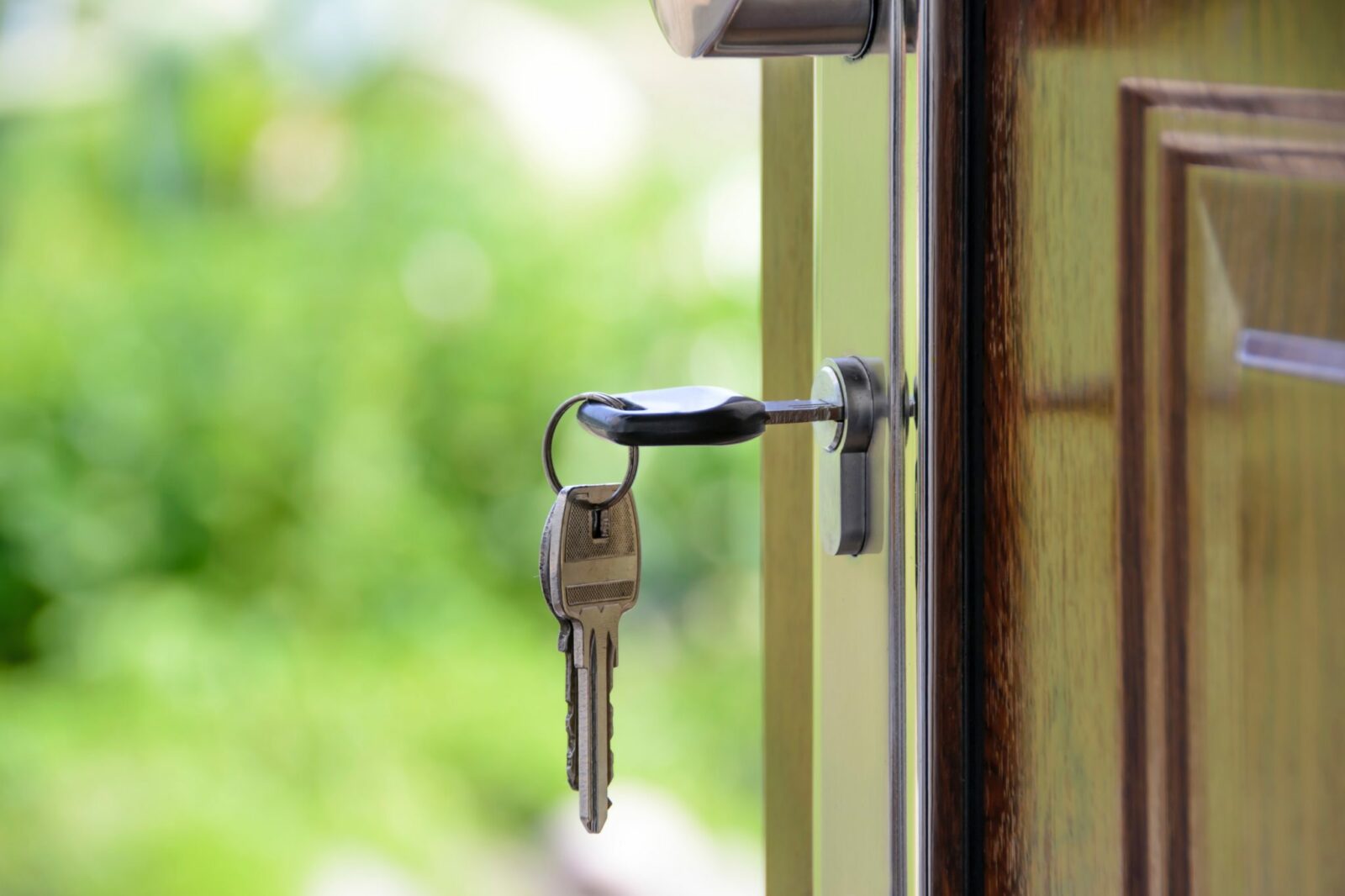The tax implications of short-term rentals in NH

Owners can avoid a costly mistake by learning federal and state tax requirements first
This article was originally published in New Hampshire Business Review.
Renting out a summer home or ski condo for a few days may be an easy way to help defray a property owner’s mortgage payment, and with companies like Airbnb fueling the amateur short-term rental industry, it is important for owners to take stock of several important federal and state tax requirements unique to the short term-rental industry.
Federal tax laws generally treat net rental revenue as taxable income. A valuable exception applies to a primary residence or vacation home that is used at different times by both landlord and tenant. If the landlord’s personal use of the property exceeds the greater of 14 days, or 10 percent of the days that it is rented to the public, it is considered the landlord’s “residence.”
Renting a property that is considered a landlord’s “residence” as defined above, flips a tax switch into the “on” position, with one major limitation balanced by one key benefit.
First, expenses cannot exceed revenue. The activity can report income or break even, but unlike other rentals, it cannot produce a net loss that otherwise might offset other types of income.
More significantly, if rented to non-family members for 14 or fewer days, none of the income is taxable – regardless of amount. (This is often referred to as the “Masters Exception,” named after the annual golf tournament in Augusta, Ga., where residents collect large amounts of short-term rent, completely tax-free.) This represents a great way to legitimately shield income from federal taxation, but be aware that renting for day 15 will cause all rent, including those collected for days 1-14, to be taxable.
(It is important to also note that several additional complex rules impact the timing of federal deductions, but these are far beyond the scope of this article.)
New Hampshire rules vary greatly from federal laws, and include the business profits tax, business enterprise tax, and rooms and meals tax. These taxes can apply regardless of the landlord’s form of business (corporation, proprietorship, partnership, etc.).
The BPT applies to any landlord who rents at least one property in New Hampshire and whose total revenues from rental properties everywhere (inside and outside the state) exceed $50,000 in a year. If applicable, tax is applied at a flat 8.5 percent on the portion of net income apportioned to New Hampshire in 2015. The rate dropped to 8.2 percent for 2016-2017, and potentially to 7.9 percent for 2018.
The BET applies if rental revenue earned everywhere in 2015 (derived inside and outside New Hampshire) exceeded $207,000, or if the combination of interest, compensation and dividends paid (collectively known as the “tax base”) exceeded $103,000. If applicable, tax is applied at a flat 0.75 percent on the portion of the tax base apportioned to New Hampshire in 2015. The rate dropped to 0.72 percent for 2016-2017, and potentially to 0.675 percent for 2018.
BPT and BET tax returns are filed annually (generally in one combined filing), and the taxes are intertwined in a manner that essentially allows taxpayers to pay the higher of the two taxes, rather than the sum of them both. Payments are made quarterly.
Unlike the BPT and BET, the rooms and meals tax applies to the first dollar of rent. It is assessed at a rate of 9 percent of gross rent collected, and on a monthly basis the payment and a tax return must be submitted to the state. Landlords also must register with the Department of Revenue Administration before incurring these tax payments, and must re-register every two years.
This consumption-based tax (which applies to hotels and restaurants, etc., as well) is nearly always passed along to the consumer/tenant at the time of sale. Unfortunately, a casual landlord who fails to collect this is still on the hook to pay it – likely out of his or her own pocket – including an Airbnb host.
Relative to the landlord, a tenant has very few tax-related responsibilities. There are some general record-keeping requirements that apply to business travel by an employee or proprietor, and those generally call for receipts to be turned over to an employer and retained in tax records to support any qualifying business deduction.
If incurred as part of conducting a trade or business, a tenant may be required to issue a Form 1099-MISC, but only if payments to a landlord reached or exceeded $600, and only if the landlord was not a corporation. An Airbnb guest may need to issue a 1099-MISC under these rules, but it would be issued to Airbnb (which collected the money), rather than the host. Non-business renters have no such filing or record-keeping burdens.
Many property owners inadvertently fail to pay taxes or file returns due to unfamiliarity with the short-term rental rules, and the proliferation of Airbnb and similar services makes this likely to increase. Owners should learn the federal and state tax requirements before welcoming their first tenant – and potentially avoid a costly mistake.
Disclaimer of Liability: This publication is intended to provide general information to our clients and friends. It does not constitute accounting, tax, investment, or legal advice; nor is it intended to convey a thorough treatment of the subject matter.
